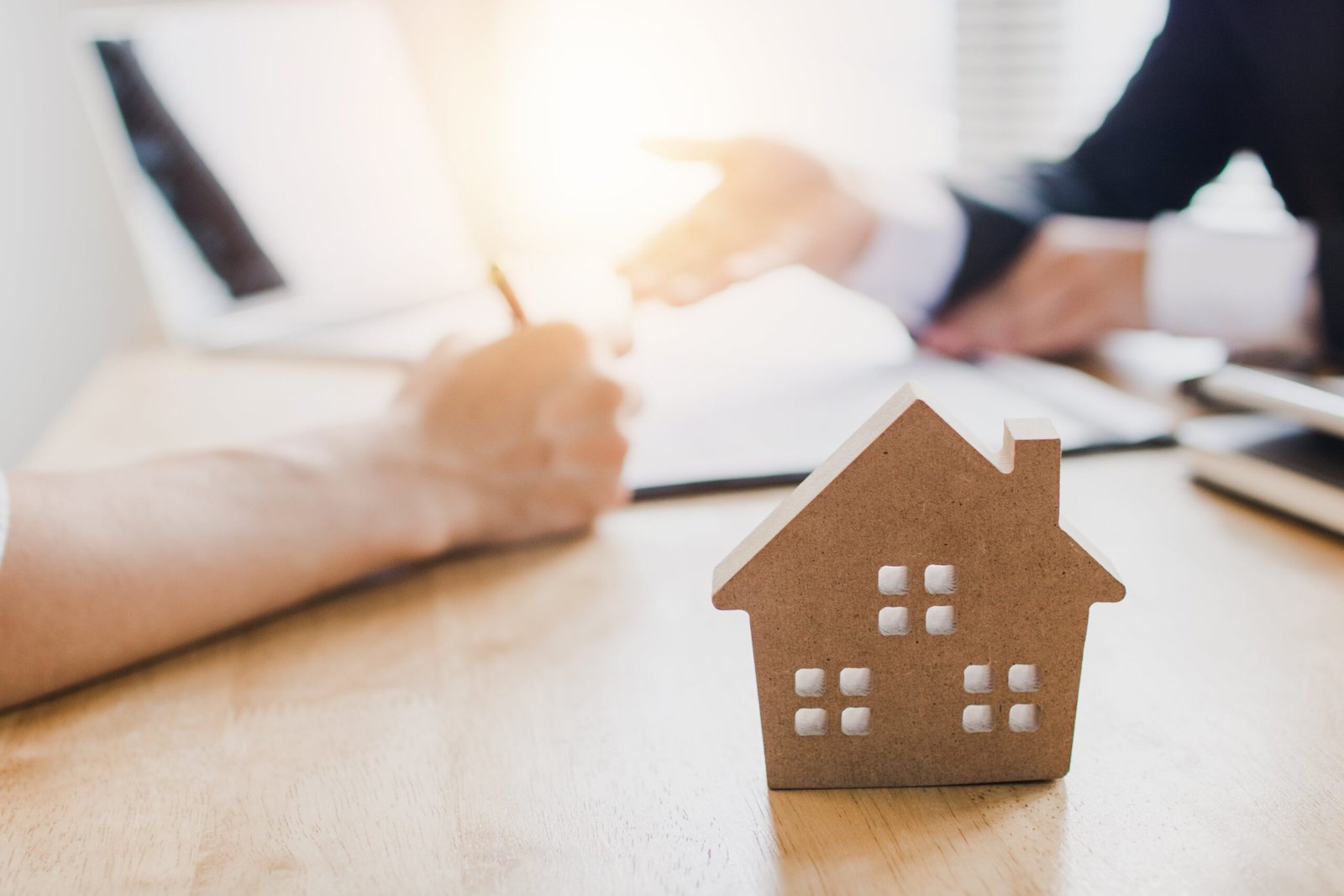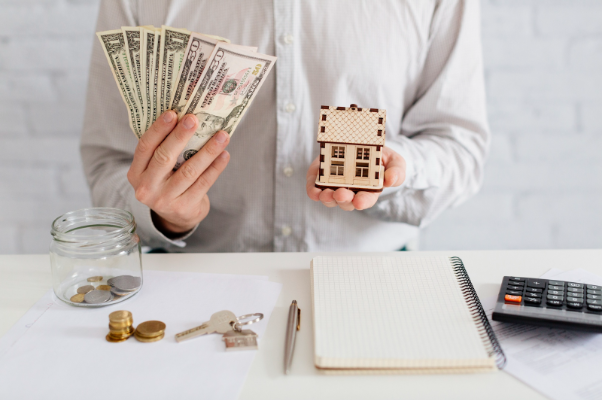When it comes to selling or refinancing a home, understanding house valuation in Long Island is essential. A home’s value determines how much a seller can ask for and how much a buyer is willing to pay. Whether you’re looking for a quick home valuation or a detailed market analysis, knowing the factors that influence property worth can help you make informed decisions.
This guide will walk you through the essentials of house valuation in Long Island, the methods used, and how you can get an accurate estimate for your home.
What is House Valuation?
House valuation is the process of determining the market value of a property. It helps homeowners, buyers, and lenders understand the worth of a property based on various factors such as location, size, condition, and market trends.
In Long Island, where the real estate market is dynamic, accurate home valuation is crucial for both sellers and buyers.
Why is Home Valuation Important?
House valuation is the process of determining the current market value of a property. It considers factors like location, size, condition, and recent sales of comparable homes. Professional appraisers or real estate agents typically conduct valuations using market data and property inspections. Accurate valuations are essential for buying, selling, refinancing, or insurance purposes. They help sellers set competitive prices, buyers make informed offers, and lenders assess loan risks. Market trends, property upgrades, and neighborhood developments also influence value. A well-prepared valuation ensures fair transactions and maximizes returns, making it a critical step in real estate decisions.
- Selling a Home: Knowing your home’s value helps in setting the right price, attracting potential buyers, and ensuring a quick sale.
- Buying a Home: Buyers use property valuations to negotiate fair deals and secure financing.
- Refinancing a Mortgage: Lenders require an appraisal to determine the home’s worth before approving a refinance loan.
- Tax Purposes: Property assessments impact real estate taxes, ensuring homeowners pay a fair amount.
Factors Affecting House Valuation in Long Island
Several key factors influence the valuation of homes in Long Island:
1. Location
Long Island is diverse, with properties ranging from coastal estates to suburban homes. Proximity to schools, shopping centers, parks, and transportation hubs significantly affects home values.
2. Property Size and Features
Larger homes with more bedrooms, bathrooms, and upgraded amenities tend to have higher valuations. Features like a swimming pool, modern kitchen, and energy-efficient systems can also increase a home’s worth.
3. Condition of the Home
Well-maintained properties with updated interiors and exteriors tend to have higher values compared to homes that require extensive repairs or renovations.
4. Recent Sales and Market Trends
The valuation of a home is heavily influenced by recent property sales in the neighborhood. A strong seller’s market typically results in higher home prices, while a buyer’s market may lead to lower valuations.
5. Economic Conditions
Interest rates, employment levels, and economic stability play a crucial role in determining the overall real estate market, affecting home values in Long Island.
How to Get an Accurate Home Valuation in Long Island
There are multiple ways to determine your home’s value, each with its benefits.
1. Online Home Valuation Tools
Many websites offer free home valuation tools that estimate property value based on recent sales, property data, and market conditions. While these tools provide a rough estimate, they may not always be accurate.
2. Comparative Market Analysis (CMA)
Real estate agents perform a Comparative Market Analysis (CMA) by comparing similar homes that have recently sold in the area. This method provides a more precise valuation.
3. Professional Appraisal
Hiring a licensed appraiser ensures the most accurate valuation. Appraisers conduct an in-depth analysis, considering various factors such as home condition, location, and recent sales data.
4. County Property Assessments
Local tax assessors periodically evaluate homes for tax purposes. While these assessments may not reflect the exact market value, they can provide a general idea of your home’s worth.
Tips to Increase Your Home’s Value
If you’re planning to sell or refinance your home, consider these tips to boost your property’s valuation:
- Enhance Curb Appeal: A well-maintained lawn, fresh paint, and clean landscaping can make a great first impression.
- Upgrade Key Areas: Renovating kitchens and bathrooms can significantly increase your home’s value.
- Fix Repairs: Addressing minor issues such as leaky faucets, broken tiles, and outdated fixtures can improve valuation.
- Energy-Efficient Improvements: Installing energy-efficient windows, insulation, and solar panels can attract buyers and increase value.
- Stage Your Home: Decluttering and staging your home can make it more appealing to potential buyers.
Conclusion
Understanding home valuation Long Island is key to making informed real estate decisions. Whether you’re looking for a quick home valuation or preparing to sell, knowing the factors that affect property worth can help you maximize your investment.
For an accurate home valuation, consider consulting a real estate professional or using reliable valuation tools. By staying informed and making strategic improvements, you can ensure you get the best value for your property in Long Island.













Leave a Reply